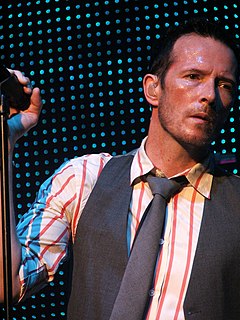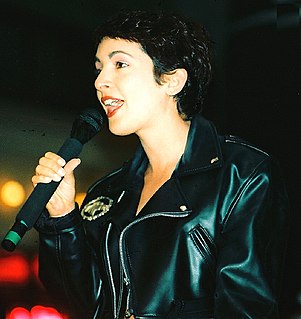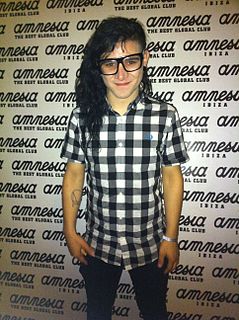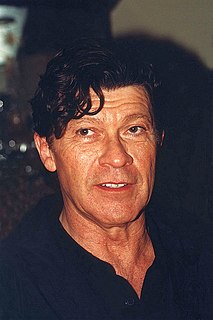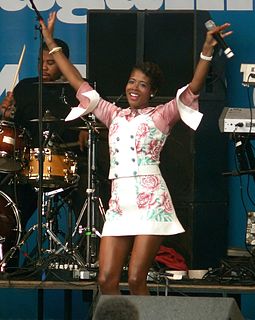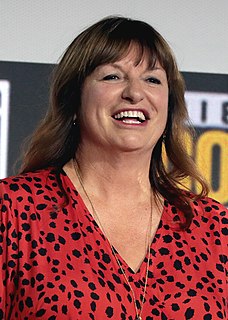A Quote by Scott Weiland
A lot of journalists like to suck up to celebrities, and then as soon as they're a safe distance away at their computers, they take shots. But that's the way society has become, especially in pop culture.
Related Quotes
I’ve always thought that if comics are a part of pop culture [then] they should reflect pop culture, but a lot of the time comics, superhero comics especially, just feed on themselves. For me, comics should take from every bit of pop culture that they can; they’ve got the same DNA as music and film and TV and fashion and all of these things.
I think that all journalists, specifically print journalists, have a responsibility to educate the public. When you handle a culture's intellectual property, like journalists do, you have a responsibility not to tear it down, but to raise it up. The depiction of rap and of hip-hop culture in the media is one that needs more of a responsible approach from journalists. We need more 30-year-old journalists. We need more journalists who have children, who have families and wives or husbands, those kinds of journalists. And then you'll get a different depiction of hip-hop and rap music.
I think that all journalists, specifically print journalists, have a responsibility to educate the public. When you handle a culture's intellectual property, like journalists do, you have a responsibility not to tear it down, but to raise it up. The depiction of rap and of hip-hop culture in the media, I think, is one that needs more of a responsible approach from journalists.
Student loans are destroying the imagination of youth. If there’s a way of a society committing mass suicide, what better way than to take all the youngest, most energetic, creative, joyous people in your society and saddle them with, like $50,000 of debt so they have to be slaves? There goes your music. There goes your culture. There goes everything new that would pop out. And in a way, this is what’s happened to our society. We’re a society that has lost any ability to incorporate the interesting, creative and eccentric people.
I try to look at the films as I make them from a distance, in a way. I think of them as kind of pop culture artefacts. I'll often make posters and tag lines as I'm working on them, and not just conceive of them as a story I'm going to tell, but as a whole, a piece - a whole object that exists in the pop culture realm.
It's so easy to say "evil Nazi monsters," but as soon as we do that, we take away the fact that it was individuals committing individual acts of murder. They had children, and what does that do? As soon as you generalize, they become monsters. It doesn't allow you to understand it in any kind of sophisticated way.
